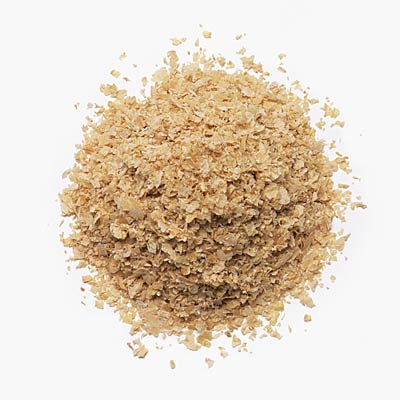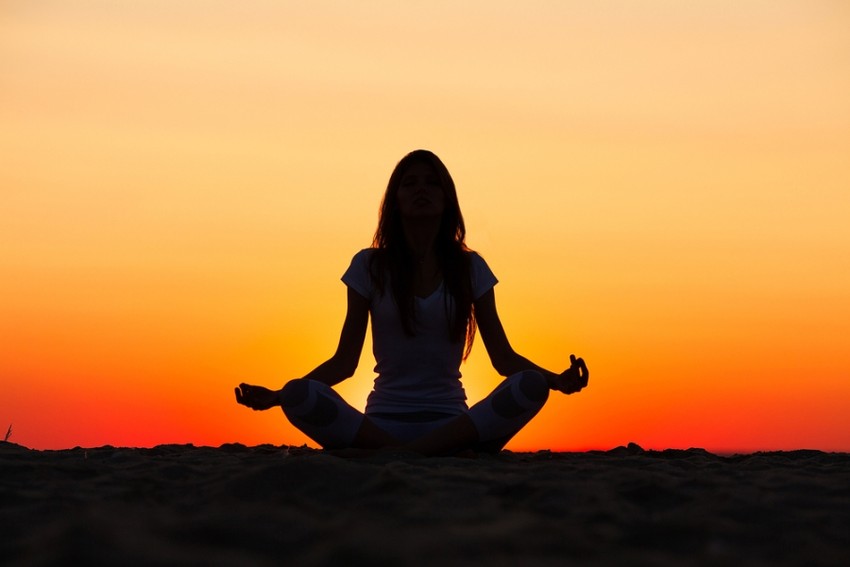What is Panic?
When disaster strikes, panic is all that a human feels. It a
sudden sensation of fear that takes over the human being. During these times
the human mind excludes logical thinking or reasoning and replaces them with
overwhelming feeling of anxiety, tension, worry and agitation resulting in
animalistic reactions.
Panic is clearly contagious, when it occurs to one it quickly
manifests to a large group. Surely when disaster (floods) strikes, panic engulfs
everyone causing tensioned moods and scared people. The only way to treat or prevent
panic is by creating an easing and relaxing environment.
What causes Panic?
Panic and anxiety can be triggered by many aspects, which cause stress to the body and mind. some of which are:
- Continuous worry & Excessive thinking
- Over working
- Exhaustion both mentally and physically
- Grief
- lots of travel
- Skipping meals
- To much Coffee & alcohol
- Loud noises
- Lack of routine and irregularity
- Lack of sleep
- Speed and rushing
- Change of weather
- Fear, shock and trauma
- A sudden or frequent change
What does the body experiencing during Panic?
when a human panics the body is affected both physically and mentally, where the body is overwhelmed with emotions and senses of fear, apprehension and anxiety as for the physical symptoms they are :
- Nausea
- Sweating
- Trembling & shaking
- Sensation of irregular heart beats
- Dizziness and lightheadedness
- Tightness in the chest
- Shortness of breath
- Fear of dying
What are the nervous and chemical effects?
When one faces danger, the brain immediately sends messages
to a section of the nerves called autonomic nervous system, which is then
branched to two different systems that are in control of the body’s energy
level and preparation for action.
Because of the human body’s complex network, when panic
occurs, the nervous system activates all symptoms to occur all over the body
rather than one hence the shaking and irregularity of the heart beat etc.
The brain releases both Adrenalin and noradrenalin chemicals
to the kidneys. These chemicals then function as messengers for the body to
continue activity. Both chemicals will continue to increase until a certain
point when
- Adrenalin and noradrenalin messengers become destroyed by other chemicals in the body
- When an opposing chemical is activated and restores a relaxing feeling
The Parasympathetic nervous system act as protectors or shields
to the body which prevents the sympathetic nervous system to get carried away,
the reason is the chemicals released in the body tend to run their course
slowly, so even after danger has passed, the body will still be facing the panic
effects.
 |
How do you overcome Anxiety and Panic?
Herbal Remedies:
A number of studies have already confirmed
that Chamomile can significantly reduce anxiety symptoms. Chamomile
tea is especially recommended if anxiety is ruining sleep due to its sedative
effect.
Supplements:
Researchers have found that Magnesium is
necessary to dissipate the effects of traumatic stress that can occur from
intense episodes of fear or anxiety. Magnesium also helps undo the bad
programming from prior anxiety attacks by helping to create new brain response
patterns not influenced by fear or anxiety.
Relaxation Therapies:
- Massage
- Yoga
- Reiki
- Meditation
All of the above therapies elevate the
levels of positive hormones such as Serotonin. They have other
amazing benefits to the overall health, which help the body deal with
stressful events thus preventing panic attacks.
Medication:
Medications can help reduce symptoms associated with panic attacks as well as depression.
- Selective Serotonin reuptake inhibitors
- Serotonin and norepinephrine reuptake inhabiters
-Benzodiazepines
What happens immediately after a trauma?
People react differently and take different amounts of time to come to terms with what has happened. Immediately after a traumatic event, it is common for people to experience a mix of feelings. They can feel:
- Shocked
- In denial
- Frightened
- Helpless
- Angry
- Guilty
- Sad
- Ashamed or embarrassed
- Relieved
- Hopeful
References:
- http://healthworkscollective.com/frmeital/33853/10-ways-overcome-your-anxiety-and-panic-attacks-drug-companies-won-t-tell-you-about
- http://www.webmd.com/anxiety-panic/selective-serotonin-reuptake-inhibitors-for-panic-disorder#hw267881
- http://www.mayoclinic.com/health/panic-attacks/DS00338/DSECTION=treatments-and-drugs
- http://www.joelertola.com/grfx/grfx_img/brain_stress.jpg
- http://weatheringthestormbp.com/wp-content/uploads/2013/04/e3d0f15470243e3f766e7b5a4c1fad1f.jpg






No comments:
Post a Comment